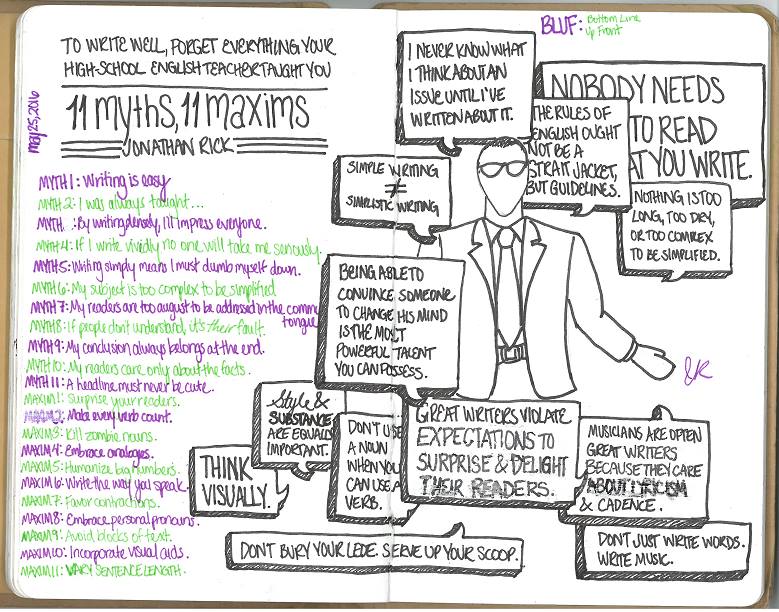Résumés should show off your skills, not shotgun them.
In writing a résumé, many people include a “skills” section. Here, they cram together “hard” skills, such as programming languages or software, and “soft” skills, such as “conflict resolution” or “adaptability.”
Let me be frank: This is a waste of space. Instead of ticking off vague notions like “Excel” or “Photoshop,” tell your audience how you used these programs. Get specific.





